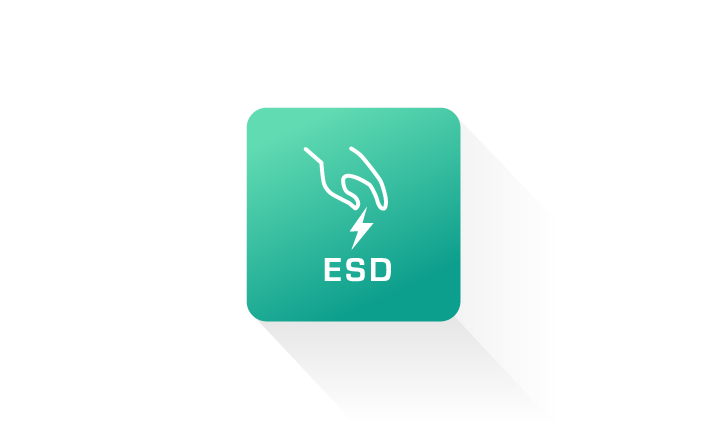.jpg) |
|
The Customer and the Application: Fundus Examination Equipment
Patients around the world are already benefitting from technological advances that make diagnosis and treatment easier and more affordable. Improvements in data gathering and analysis promise to transform how patients interact with healthcare technology. The potential for improved diagnosis and treatment is limitless. Apacer and its technology partners are committed to doing all they can to drive the technological improvement of the healthcare industry.
A leading manufacturer of healthcare technology for ophthalmology applications approached Apacer. They were in the process of improving the functionality of a device for fundus examination, and they recognized that finding the ideal memory components was going to be a challenge. They had very limited space to accommodate an SSD, and they were also concerned about electrostatic discharge (ESD) inhibiting SSD operation. The manufacturer chose to cooperate with Apacer in an attempt to overcome these challenges.
Challenges
The product in question was designed to assist diagnoses by collecting high-resolution images, and the customer knew only an industrial-grade SSD would do. Since high-resolution images take up a lot of space and can arrive at an accelerated rate, an SSD with large capacity and low latency would be absolutely necessary. They also needed a highly reliable SSD, since the equipment would have a long service life, so an industrial-grade SSD would also be beneficial in this area.
Due to the complicated nature of the technology and the fixed product size, the customer was looking for flexibility when it came to power supply issues. The customer was also worried that static charges that might accumulate in a cramped internal environment and in close proximity to a variety of other electronic devices. But they also knew that Apacer’s engineering staff were experts in dealing with these kinds of issues, and they believed that Apacer’s wide range of value-adding technologies would be able to overcome any obstacles.
Solutions and Technologies
With these criteria in mind, Apacer’s consulting staff sprang into action. After much discussion and consultation with the client, a decision was made to use an Apacer SSD module with a compact design. It also features a power cable-less solution which Apacer has patented. This can help resolve issues related to signal integrity, while also offering more choices when it comes to motherboard configuration. And the SSD module was based on SLC technology, which was chosen for its excellent endurance (60,000 P/E cycles), lower power consumption and faster transfer speeds.
Apacer’s experienced engineers also carried out tests to ensure the SSD was protected from electro-static discharge. Because of the challenging electronic environments found in modern hospitals, ESD interference is a very real threat. After extensive consultation between the customer’s engineering team and Apacer’s experts, certain modifications were made. The result was that the SSD successfully passed the ESD under 12kV test, ensuring reliability even when used in a context involving many other sophisticated electronic devices.
Results and Benefits
The customer was satisfied to find the recommended SDM5A SSD fit the confined space while still delivering excellent performance. And going forward, Apacer will remain a technology partner for this supplier as they grow their brand and expand their range of sophisticated ophthalmology devices.



